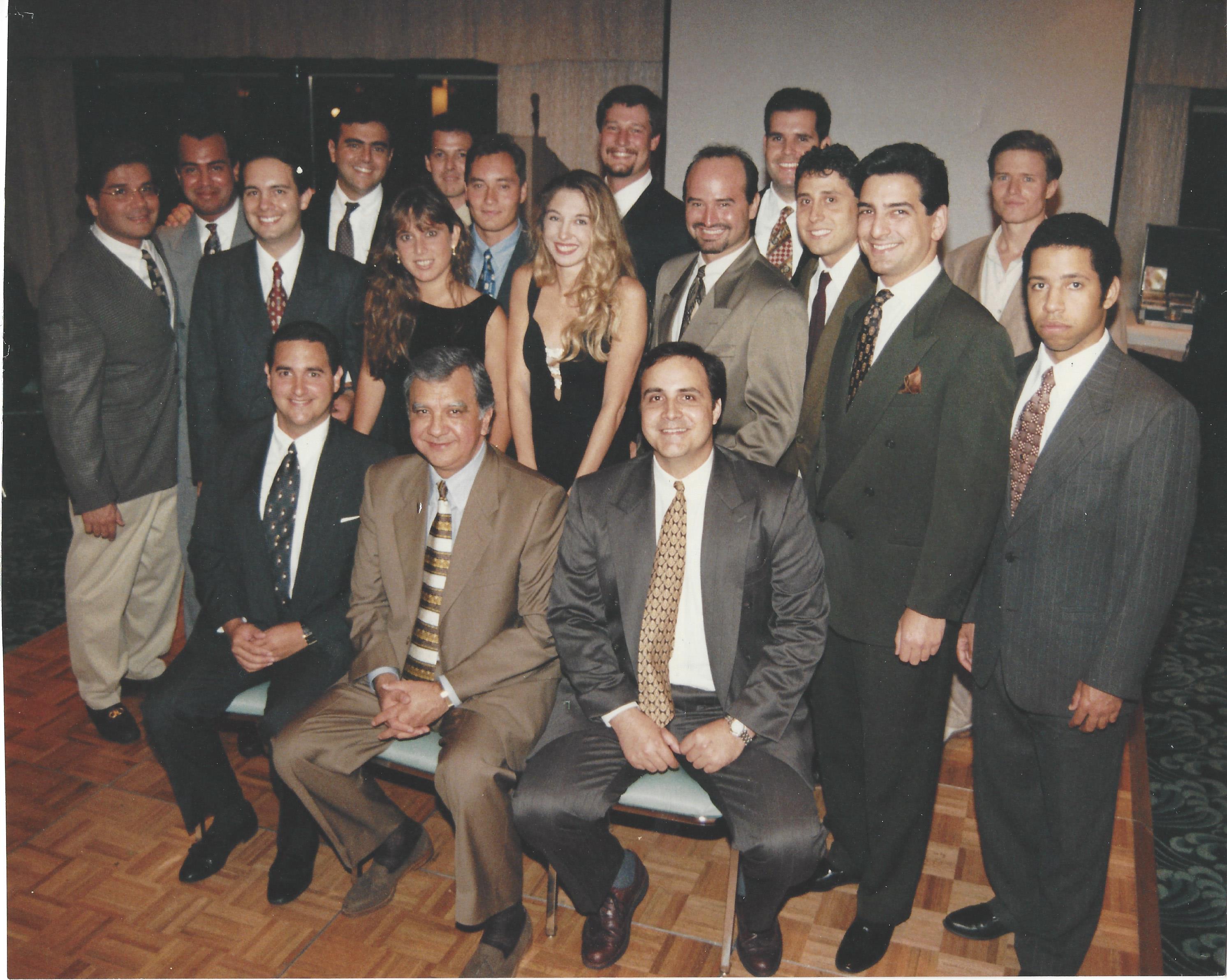This post has been read 765 times!
 March 16, 2024- by Steven E. Greer, MD
March 16, 2024- by Steven E. Greer, MD
Here is a general surgery story for you.
I have a friend with an 82-year-old mother who developed a colon perforation after post-hip-surgery pain pills caused an obstructed bowel. At her small rural hospital, they were conservatively managing it without doing any drainage. They eventually moved her to a larger hospital where interventional radiology placed drains. There were some abscesses seen on a CT scan.
At his request, I was having my friend act as my intern and give me photos and information. Just using common sense and problem-solving, I could tell right away from the color of the drainage bags that this was freshly digested food. It was not an abscess that they were continuing to drain.
I knew that the current paradigm for healthcare is to have hospitalists take care of patients. I reached out to the hospital management assuming that no surgeon was even on the case. I was pleasantly surprised to learn that surgeons had been monitoring the patient from the day she was admitted.
I spoke to the surgeon and changed his mind. They had been under the impression that they were draining an abscess. Within just a few seconds, he realized that I was correct. He is now properly treating it as a “controlled fistula”.
Now, the question is: Do they need to open her up and do surgery or will this thing heal? I don’t have the clinical experience there. I have a feeling they are going to have to open her up.
One point I am making is that, without me having done any general surgery for 25 years and only using proper problem-solving skills with common sense, I think that I got the surgeons on the correct track. It is a fistula and not an abscess.
This brings back memories of my residency. Even at a big hospitals like NYU or Jackson Memorial at Miami, the vast majority of my colleagues were incompetent. That is because medical schools do a terrible job at producing surgeons. The standardized tests are the main tool used to screen out residency applicants, but the USMLE tests do not determine whatsoever who will be good as a clinician.
The typical surgery resident is someone who scored well on a multiple-choice test. However, they often have terrible hand coordination and no ability to make real-life surgical decisions.
In this case, I used common sense and looked at the darn drainage bag. The surgeons were relying entirely on some radiologist’s interpretation of a CT scan. I encountered this frequently in my day. There is often a complete lack of common sense amongst doctors.
In medical school, there is little training in how to make quick decisions at the point of care. I have lost count of how many times that I was correct and my senior residents or attendings were wrong. There have been numerous cases where an attending had later come up to me and told me that I was correct.
I am not trying to toot my own horn, but rather make the point that the whole medical school training process is a disaster. The problem has gotten only worse since my days. Quality of care delivered by hospitals is critically low.
